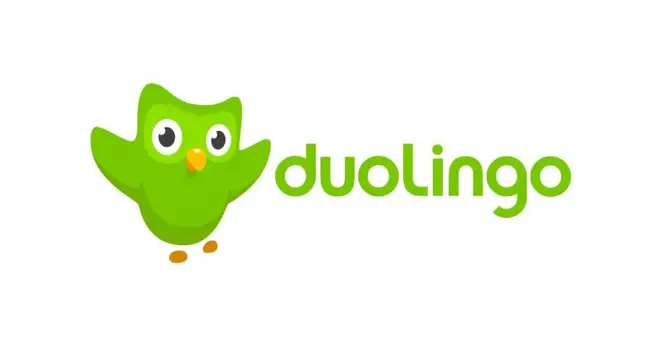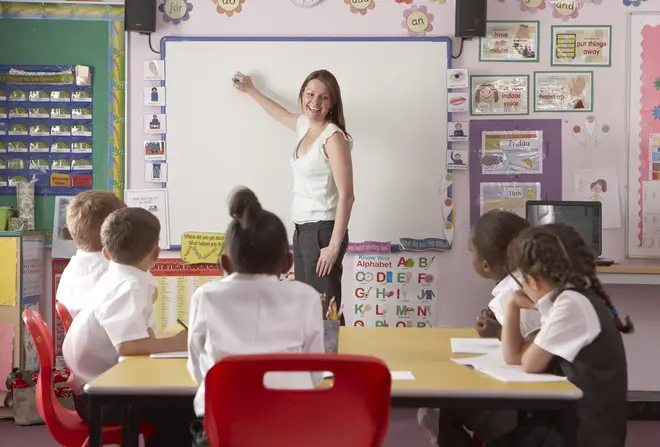Want to learn a new language for the new year? We spoke to the experts about how easy it can be
2 January 2019, 16:16

As part of Heart's Achieve A Dream In 2019 series, we spoke to the experts about achievable it is to learn a new language and how you can make it happen this new year.
Most of us took a language subject at school, but these skills were easily forgotten once we left the school gates.
But imagine how lovely it would be to go on holiday and be able to speak the language, avoiding broken 'hello's' and 'thank you's' with the waiters at dinner time.
Read more: Go vegan this January with the best cruelty free skin care products
Well there's no better time than the present! So if learning a new language is one of your New Year's resolutions we're here to get you started on the right track.

We spoke to Michaela Kron from language learning platform Duolingo about their top tips for conquering a second language.
What languages are the most easy to pick up if your first language is English?
There are many languages that bare similarities to English and those are good place to start. However, Michaela told us that the ease in which to can pick up a language "largely depends on the individual learner".
They said: "Based on data from the US Foreign Service Institute, languages that have more similarities to English tend to be easier and take less time to learn. These include Spanish, French, Italian, Dutch, Portuguese, Swedish, Danish, Norwegian, and Romanian."
What is the first step you should take when embarking on learning a new language?
It can be a struggle to take that first leap back into learning if you've been away from education for a while. But Michaela likened learning a new language to going to the gym.
She said: "The hardest part about learning a language is staying motivated to keep going. The first step you can and should take is committing to make language learning a daily habit."
"If you spend at least a few minutes each day practicing (whether it’s first thing in the morning, during your commute to work, or before sleeping) and gradually build up on this, it can take you a long way."

What is the average amount of time it takes to learn a new language?
Again, this all depends on the learner and their goal. But Duolingo found that "on average, 34 hours spent learning with the app is equivalent to one university semester of language classes."
What is the best way to practice new language skills?
Of course thanks to hand held technology, using an app is one of the most effective ways to practice your new language on the go but aside from that there are some other ways you can put it into practice.
"Listening to podcasts in the language you’re learning is a great way to practice your listening comprehension."
Another handy tip is utilising the subtitles feature of your TV and turning them on in the language you are learning while watching your favourite TV sow.
Another invaluable bit of advice from Michaela is to "connect with native speakers".
She said: "To practice speaking the language you’re learning, make it a point to connect with native speakers and fellow learners. "
"To help with this, Duolingo offers Duolingo Events in nearly 40 cities across the UK and hundreds more globally that connect learners in real life to practice language."

How long should you practice a new language for?
If you're serious about mastering a new language Michaela recommends at least 5-15 minutes on a daily basis rather than binging every few days.
She also commented: "We have found that the time of day when you practice matters: an analysis of our learners showed that those who practice daily just before bedtime retain more than others.
What is the most 'useful' language to learn?
Globally, English is the most popular language learned on Duolingo and in the UK it is Spanish followed by French and German.
But Michaela said there is no right answer, it all depends on your own goals.
She said: "If you’re doing business in or with China, then it would make a lot of professional sense to learn Mandarin. If you’re trying to connect better with your heritage, the language that’s most useful will be the one of the country where your family came from. Our recommendation would be to think about your individual motivation for learning a language and choose according to that."
That sounds like pretty good advice to us! What are you waiting for? Make 2019 the year you master a second language.

































